
Announcing the 2024 Yiddish Civilization Lecture Series, beginning June
| JUNE LECTURES |
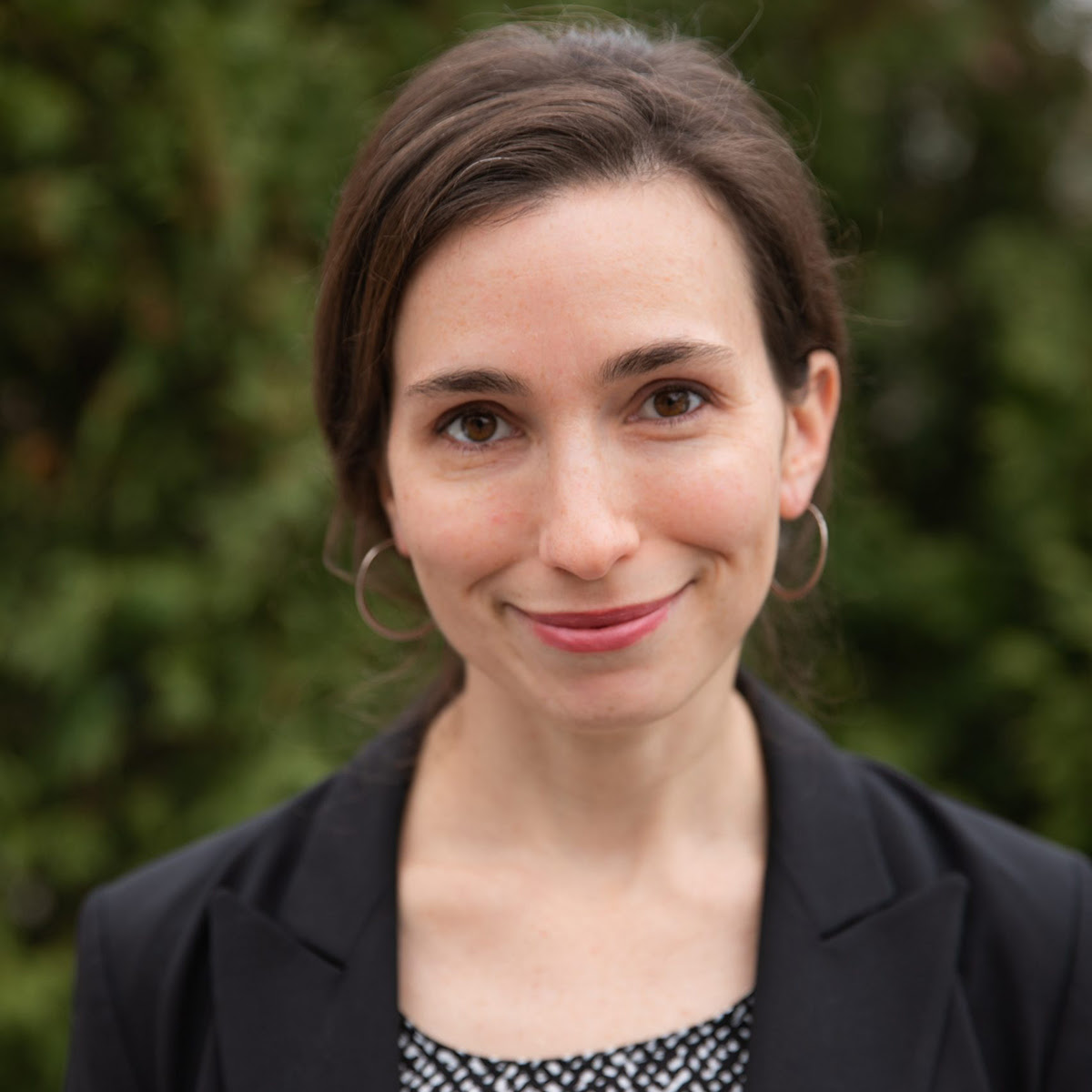 |
Tuesday, June 25 | 2:00pm (ET) LEO ROSTEN AND THE TRANSLATION OF YIDDISH JOY On Zoom | Delivered in EnglishSunny Yudkoff examines the frequently mentioned but little read The Joys of Yiddish by Leo Rosten to explore Rosten’s vision of Yiddish joy. (In English) |
|
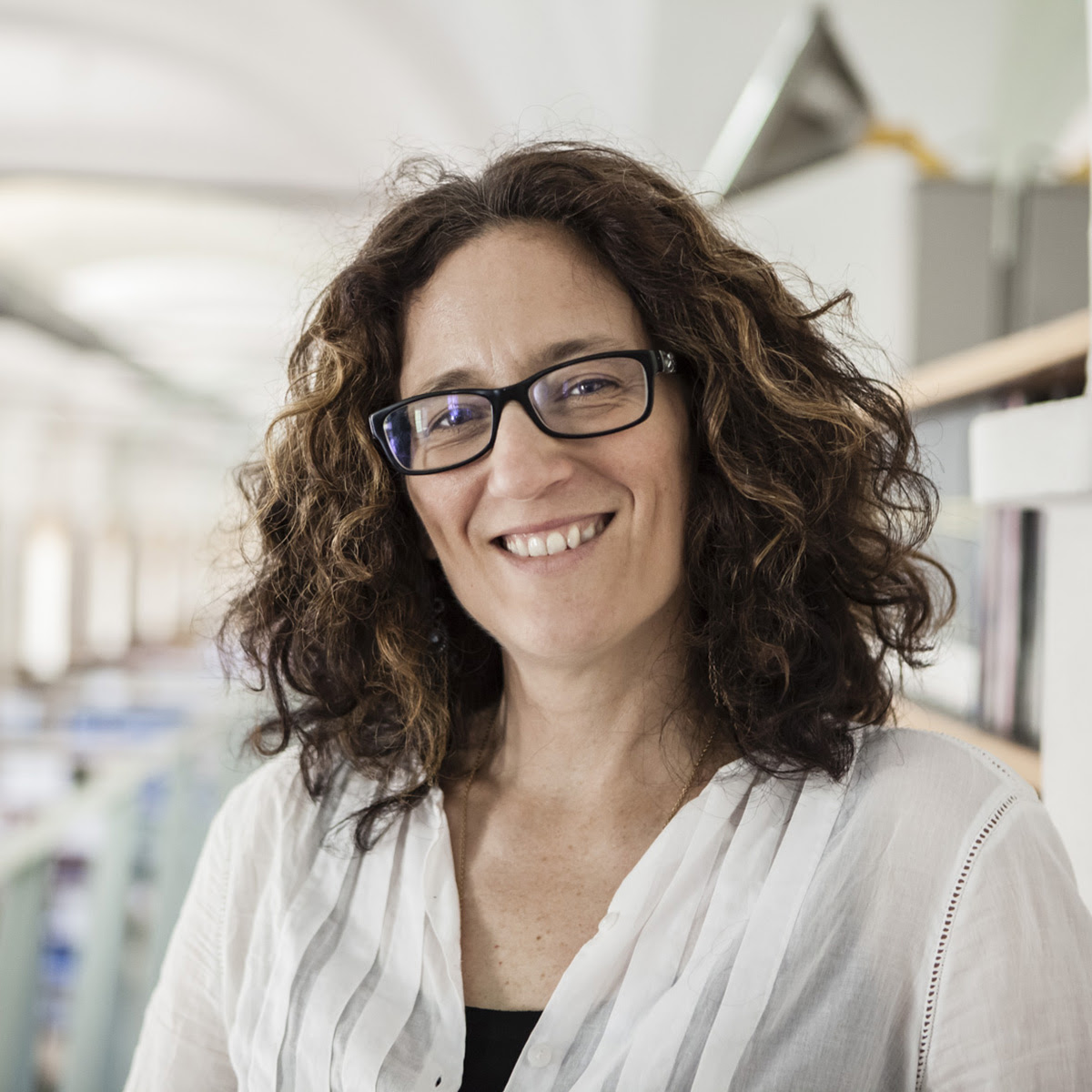 |
Thursday, June 27 | 2:00pm (ET) JEWISH RESISTANCE DURING THE POGROMS IN UKRAINE IN 1918-1921 On Zoom | Delivered in YiddishElissa Bemporad explores the different forms of Jewish resistance to the wave of unprecedented violence that devastated the Jewish communities of Ukraine in 1918-1921. (In Yiddish) |
| JULY LECTURES |
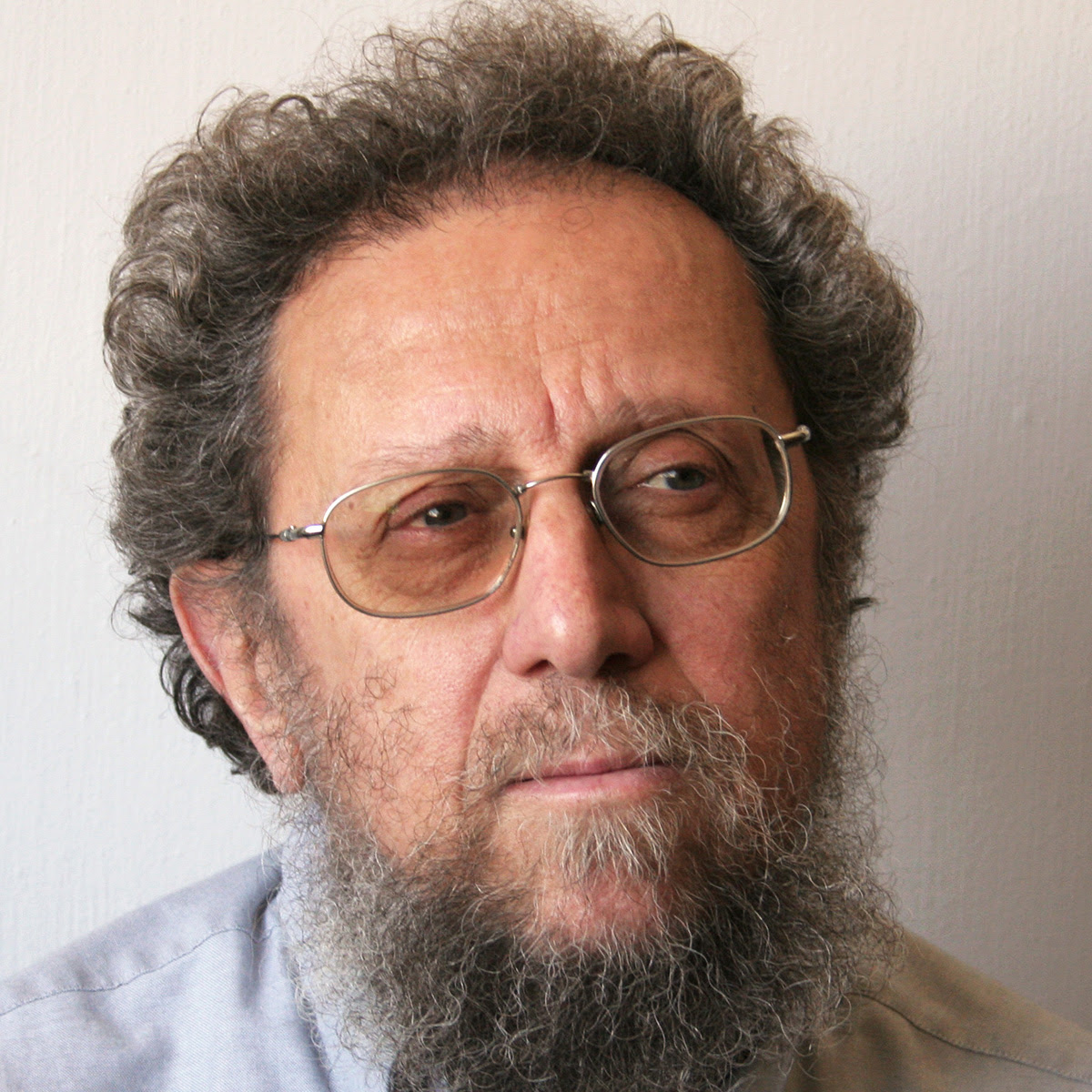 |
Thursday, July 11 | 2:00pm (ET) TESTIMONIES IN RESPONSA AND WHAT THEY TELL US ABOUT THE DEVELOPMENT OF SPOKEN YIDDISH On Zoom | Delivered in YiddishMoshe Taube explores the syntax, morphology, and the lexicon of testimonies written in “Loshn Ashkenaz” (Yiddish and German) to learn about the the development of spoken and written Yiddish. (In Yiddish) |
|
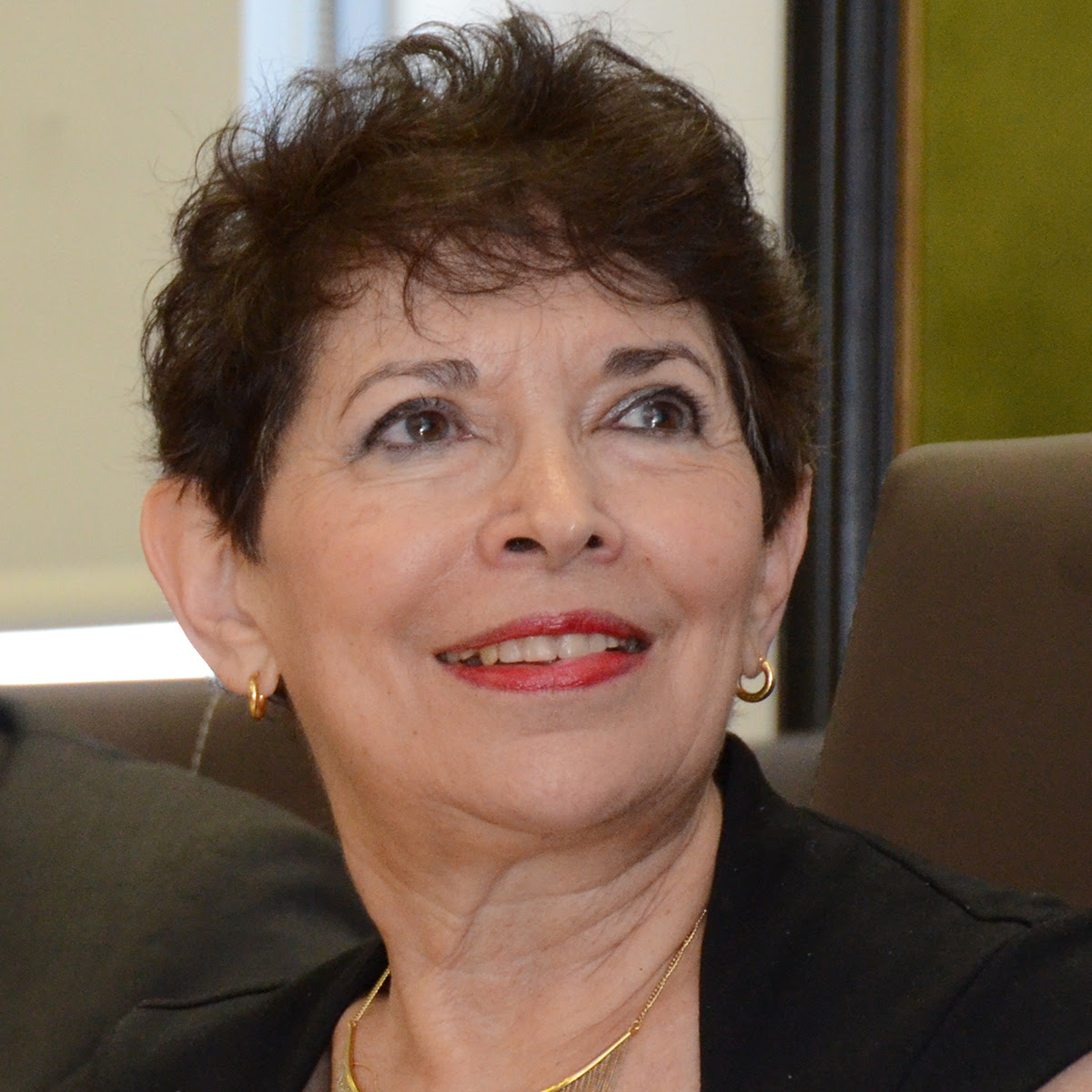 |
Tuesday, July 16 | 2:00pm (ET) INSTILLING YIDDISHKAYT INTO ZIONISM On Zoom | Delivered in EnglishDina Porat discusses WWII partisan, poet, and intellectual Abba Kovner’s attempts to preserve East European Jewish culture by creating a new kind of community at Kibbutz Ein HaHoresh (In English) |
|
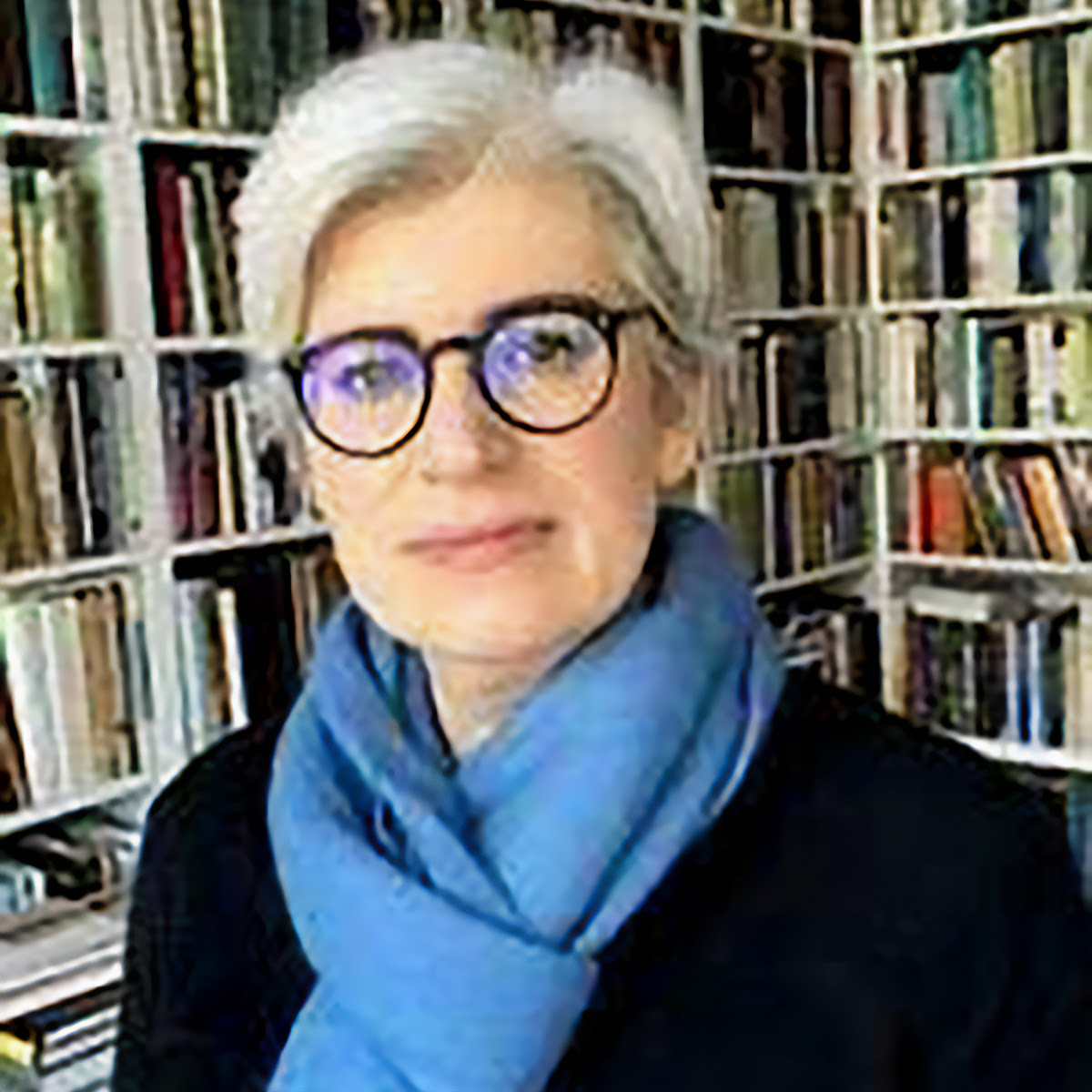 |
Thursday, July 18 | 2:00pm (ET) LIBES BRIV (18TH C.): ISAAC WETZLAR’S CALL FOR REFORM OF JEWISH SOCIETY AND EDUCATION On Zoom | Delivered in YiddishMarion Aptroot explores Isaac Wetzlar’s ideas for reforming Jewish education in Ashkenaz in the mid-18th century. (In Yiddish) |
|
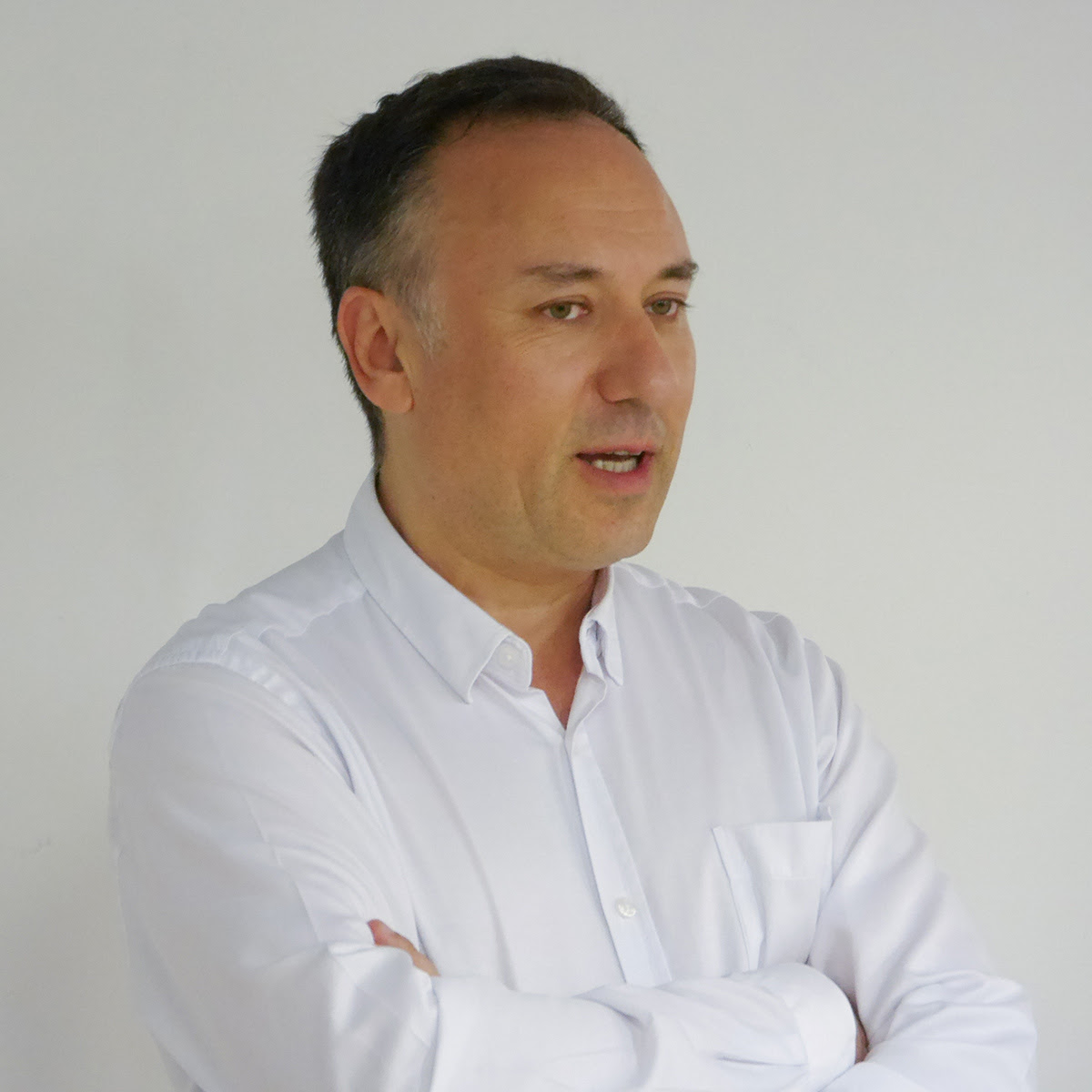 |
Tuesday, July 23 | 2:00pm (ET) MUSICAL PRIPETSHIK: LYRICS AND MELODIES OF TRADITIONAL YIDDISH FOLKSONGS On Zoom | Delivered in EnglishMichael Lukin explores little-known Eastern Yiddish musical folklore, which was an integral part of Jewish culture and evolved in meaning and function over time. (In English) |
|
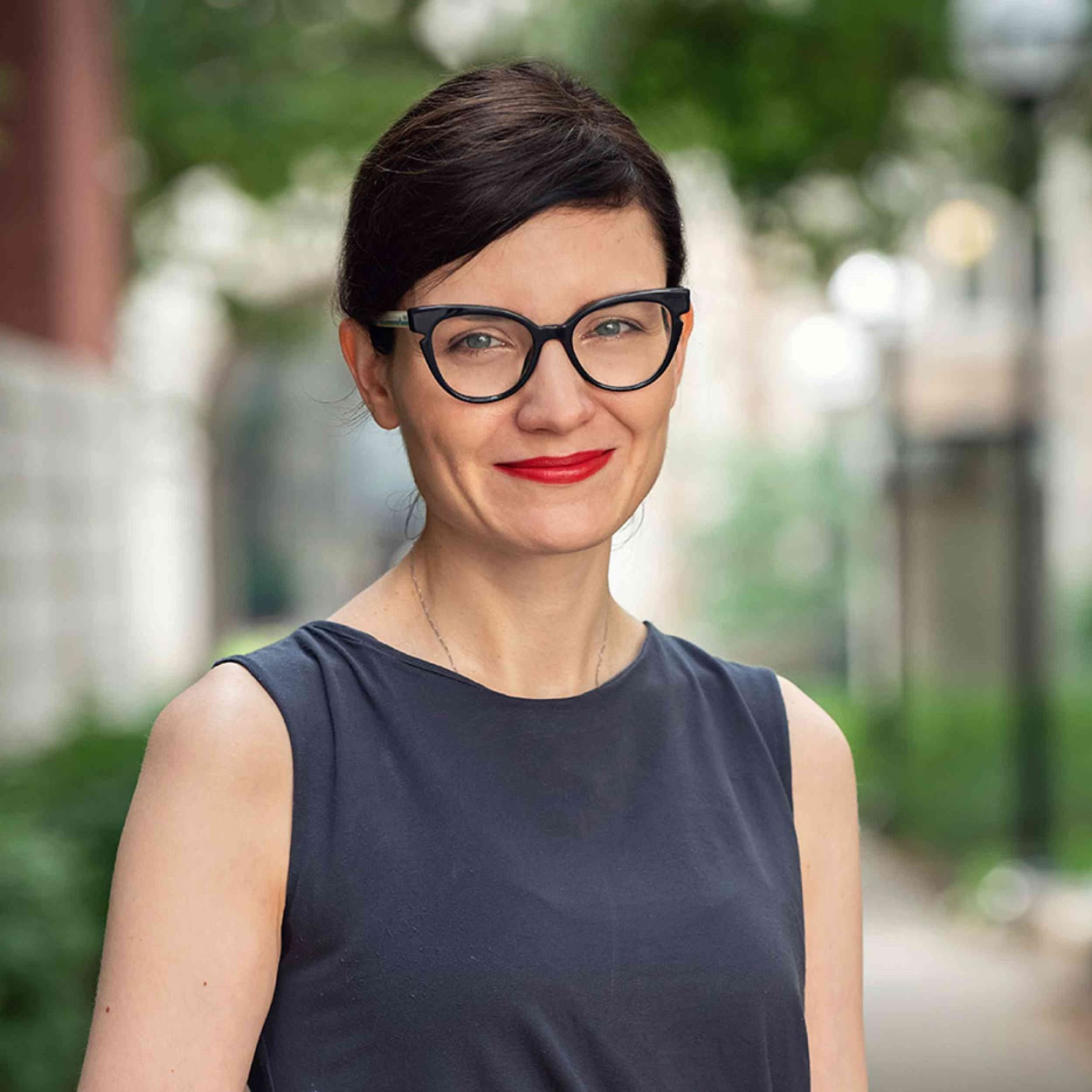 |
Thursday, July 25 | 2:00pm (ET) ETHNOGRAPHERS BETWEEN YIDDISH AND POLISH: A STUDY IN INTELLECTUAL HISTORY On Zoom | Delivered in YiddishKarolina Szymaniak presents the roles Chaim Chajes and Daniel Fajnsztejn played in shaping modern ethnography, and what could have become a new field of study if not for the outbreak of World War II and the Holocaust. (In Yiddish) |
























